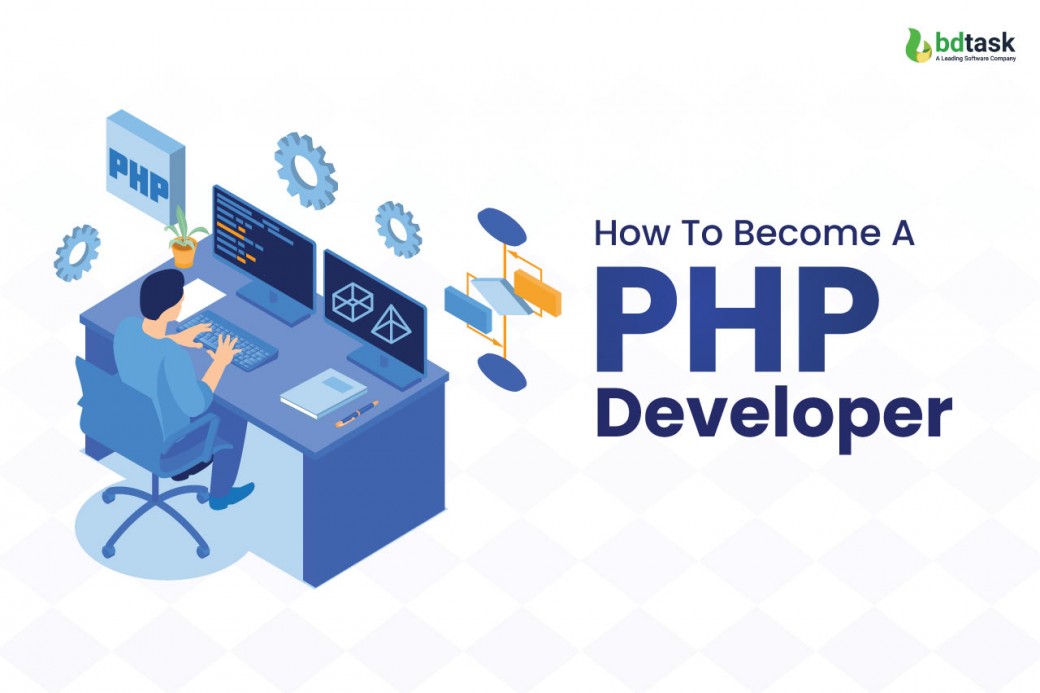Blitz News Digest
Stay updated with the latest trends and insights.
PHP Development: Where Syntax Meets Sorcery
Dive into PHP Development: unravel coding magic and unlock the secrets of syntax sorcery to supercharge your web projects!
Understanding PHP Syntax: The Building Blocks of Web Development
PHP syntax is essential for web developers to understand as it forms the backbone of dynamic web page creation. The syntax is relatively straightforward, combining HTML with embedded PHP code to facilitate various functionalities. At its core, PHP utilizes variables, operators, and control structures, which allow developers to manipulate data and execute conditional statements. By grasping the foundational elements of PHP syntax, programmers can harness the power of PHP in building interactive and user-friendly websites.
To start coding in PHP, it's crucial to recognize the various components that make up its syntax, including functions, loops, and arrays. Below are key components to consider:
- Variables: Used to store data values.
- Operators: Combine variables and values to perform operations.
- Control Structures: Direct the flow of the code execution.
- Functions: Blocks of reusable code that perform specific tasks.
By mastering these building blocks, developers can create more complex functionalities and enhance their websites' performance.

Common PHP Mistakes: Avoiding Syntax Sorcery Gone Wrong
PHP is a powerful scripting language favored by many web developers, but even the most seasoned programmers can fall prey to common PHP mistakes. One of the frequent pitfalls is neglecting to terminate statements with a semicolon. This seemingly minor oversight can lead to significant syntax errors and disrupt the execution of your code. Additionally, failing to properly use quotation marks can result in unexpected behaviors or bugs, especially when working with strings and variables. To avoid these issues, always double-check your syntax and consider using an IDE that highlights syntax errors in real-time.
Another crucial aspect to consider is the scope of variables. A common PHP mistake occurs when developers forget to declare a variable within the proper scope, leading to confusion and hard-to-trace errors. Ensure you're aware of the global and local variable scopes, and utilize the global keyword where necessary. Furthermore, PHP offers various error reporting levels that, when configured correctly, can help identify issues early in the development process. By being vigilant about these common mistakes, you can write cleaner, more efficient code and enhance your overall programming skills.
How PHP Powers Modern Web Applications: A Deep Dive into Its Functionality
PHP, or Hypertext Preprocessor, is a server-side scripting language that plays a crucial role in powering modern web applications. Its versatility and ease of integration with various database systems, particularly MySQL, make it a preferred choice for developers. PHP allows for the creation of dynamic content, meaning that web pages can be customized for each user based on their interactions and preferences. This dynamic capability is further enhanced by PHP's ability to communicate with APIs, enabling seamless data exchange and functionality that enhances user experiences.
One of the standout features of PHP is its extensive library of frameworks, such as Laravel and Symfony, which simplify the development process and help maintain code quality. These frameworks provide built-in functionalities that adhere to the MVC (Model-View-Controller) architectural pattern, improving organization and scalability. Additionally, PHP's open-source nature means that developers can access a plethora of resources and community support, making it easier to solve problems and innovate. Thus, PHP stands as a powerful tool that continues to drive the evolution of modern web applications.